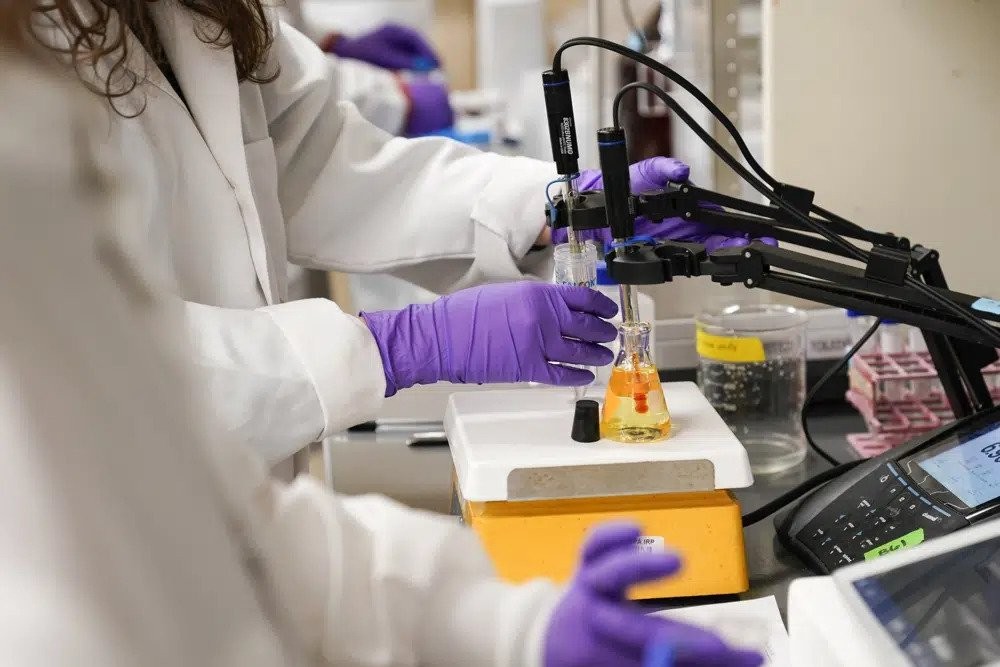
AP: Communities await first US limits on ‘forever chemicals’
UC expert says the scientific community 'missed the boat' early on about PFAs
Restrictions on harmful "forever chemicals" in drinking water are expected to be proposed by the Environmental Protection Agency after finding they are dangerous in amounts so small as to be undetectable. However, experts say removing them will be very expensive, which most small communities with limited resources won't be able to cover.
In a story posted by the Associated Press, Susan Pinney, PhD, of the Department of Environmental and Public Health Sciences at the UC College of Medicine said per-and polyfluoroalkyl substances or PFAs should have been better regulated and dealt with once they were first identified.

Susan Pinney, PhD, of the Department of Environmental and Public Health Sciences/Photo/Colleen Kelley/UC Marketing + Brand
“We as a community of scientists and policymakers and regulators really missed the boat early on,” said Pinney, also director of the Center for Environmental Genetics at UC.
PFOA and PFOS are part of the family of PFAS, that are widespread, don’t degrade in the environment and have been around for decades. They’ve been used in nonstick pans, food packaging and firefighting foam. Their use is now mostly phased out in the U.S., but some still remain, the AP reported.
Pienney has testified to members of the U.S. Congress that PFAS chemicals have been linked to health problems including cancer, kidney damage, thyroid difficulties and changes in reproductive hormones that disrupt puberty for girls.
“With any public health problem, the first step is assessment, and we really don’t have an assessment of the extent of exposure to PFAS in drinking water,” Pinney says. “That’s why the approval of the [federal legislation] is so important, because it would require a more universal assessment throughout the United States.”
Lead photo of EPA scientists in Cincinnati testing for PFAs/Joshua Bickel/AP
Next Lives Here
The University of Cincinnati is classified as a Research 1 institution by the Carnegie Commission and is ranked in the National Science Foundation's Top-35 public research universities. UC's graduate students and faculty investigate problems and innovate solutions with real-world impact. Next Lives Here.
Related Stories
Love it or raze it?
February 20, 2026
An architectural magazine covered the demolition of UC's Crosley Tower.
Social media linked to student loneliness
February 20, 2026
Inside Higher Education highlighted a new study by the University of Cincinnati that found that college students across the country who spent more time on social media reported feeling more loneliness.
Before the medals: The science behind training for freezing mountain air
February 19, 2026
From freezing temperatures to thin mountain air, University of Cincinnati exercise physiologist Christopher Kotarsky, PhD, explained how cold and altitude impact Olympic performance in a recent WLWT-TV/Ch. 5 news report.
